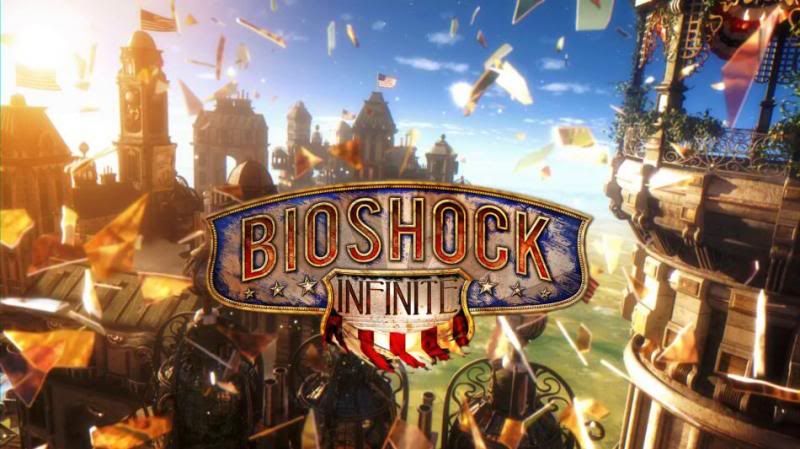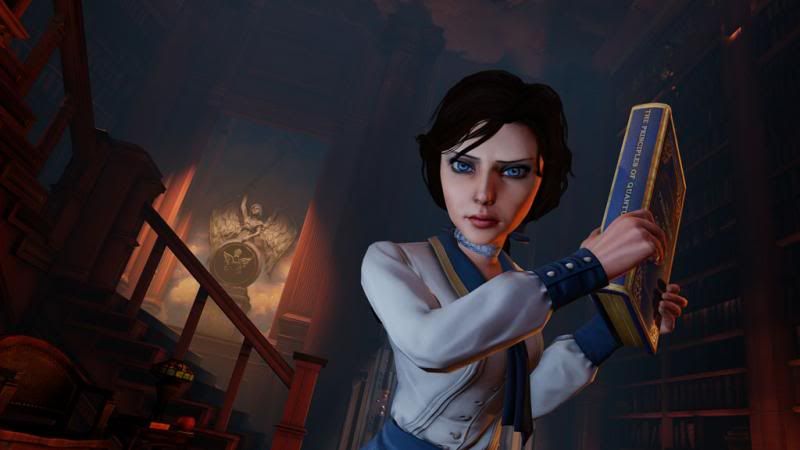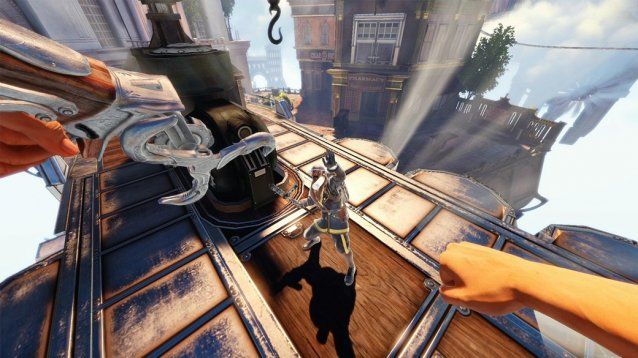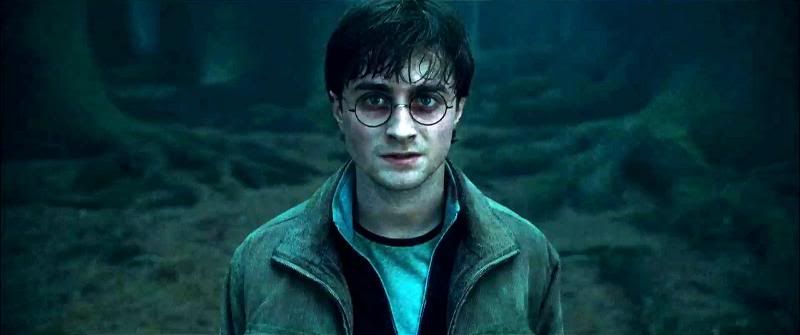This week, Chuck admonished us to choose our opening line, so I did.
It’s always midnight somewhere.
When you got one of the black business cards with these words embossed upon it, it was an invitation. It meant one of Madame Genevive’s girls thought you were really something special. Lots of girls in town had pimps; those that worked for Madame Genevive were a cut above as it was. Finding one of them “walking the beat” as they called it could be a rarity; getting an invitation to the center of Genevive’s operation was another matter entirely.
James looked again at the address on the back of the card. The storefront was an antique book store, stuffed wall to wall with tomes new and old. Baskets out front were available for browsing, signs saying there were discounted and even available for lending or those without books to take if they so desired as long as a note was left. Walking in, he found a beautiful girl behind the desk, her hair restrained by a pair of chopsticks, green eyes behind dark-rimmed glasses focused on a novel in her hands. He showed her the card. A small smile touched her ruby-red lips, and she cast her eyes to an antiquated grandfather clock in a corner of the store, within sight of the desk but hidden from the front door.
He walked to it, studying it for a long moment. The hands of the clock were unprotected by glass. He reached up, gently, and turned the hands until the clock struck midnight. It chimed, rumbled, slid back from the shelves, and swung aside. Stepping past the shelves, James found a spiral staircase leading down, low lights pulsing beneath him, the smell of incense and, faintly, sweat. Swallowing, he took the steps one at a time. The clock returned to its position behind him.
The lights in the underground room were kept dimmed, and the pulsing came from the dance floor, where a few couples gyrated together to the thumping beat. Some girls occupied poles, others laps, as men on the couches and recliners watched them move. A girl by the stairs smiled, told him the rates, and took his hand to place a small stamp on his knuckle. James examined it with a small smile – getting here had taken no small amount of effort.
The elaborate security meant officers of the law almost never made it down here unless it was personal business. He could see two city council members and a judge among the denizens in the shadows, drinking in the undulating curves before them. He tried to keep himself focused on the task at hand. It took a few minutes of wandering the floor and gently refusing the attentions of some very lovely girls before he found who he was looking for.
The man was well-built, his physique the mix of plastic surgery and body building that indicated the level of both his income and his vanity, and he was pulling the hips of a girl to him, slapping her ass on every downbeat. She continued to grind him, but her eyes betrayed an annoyance that James caught easily even in the low lights. She saw him watching, and the annoyance faded, replaced by curiosity. Does he like to watch? seemed to be the thought crossing her mind. James placed a finger to his lips, and flicked his eyes to the rooms towards the back.
The girl turned to straddle her eager companion. She whispered in his ear, and then took him by the hand to lead him towards an available room. James fell into step behind them, reaching under his jacket. When she opened the door to allow her john to enter, James slipped the thimble carefully into her hand, wrapped in a few large bills. He caught a glimpse of her look, then stood back from the door and found a place to sit.
Presently, the girl screamed. The woman from upstairs came running down. James ordered a drink from a shaken waitress, not even bothering to turn as the unfortunate man was carried out of the room. The conversation was hushed, uncertain, excited: Did they know who this man was? Wasn’t he the son of the local Don? Would there be retribution?
James smiled. The toxin was subtle. A little elevated heart rate was all it took to activate it, and as the poison stimulated the adrenal glands and other parts of the body, the heart just kept speeding up until it simply burned out. Anybody using plastic surgery to achieve that look was not above using a little blue bill for potency, and everybody knew those things had side effects…
The girl returned, wearing a short, frilly robe over her naked body. James met her gaze over the rim of his glass.
“He’s been coming here for months,” she whispered. “And every time it’s been…”
“Rough?”
She shook her head. “Rough, I can handle. He was just so… He was a dick about it.”
“Not surprising.”
“Did you know him?”
“Only from his reputation.”
She licked her lips, nervously. “Will the Don’s men be coming here?”
James set aside his glass, leaned towards the girl, and took her hand. “Who do you think hired me?”
Her painted lips, finally, began to smile. “I knew someone would come for him eventually. But I’m glad it was someone so handsome.”
“I have a few hours here before my next assignment. How would you like to fill that time?”
Her smile brightened. Her eyelids fluttered. And her robe hit the floor without a sound.








